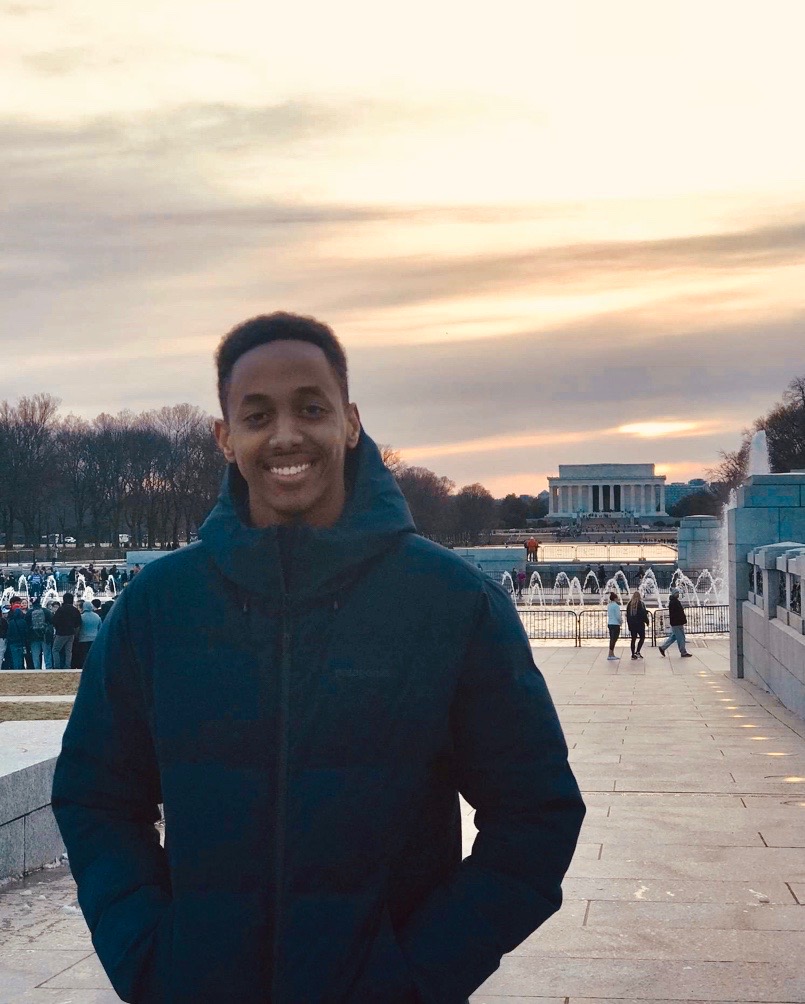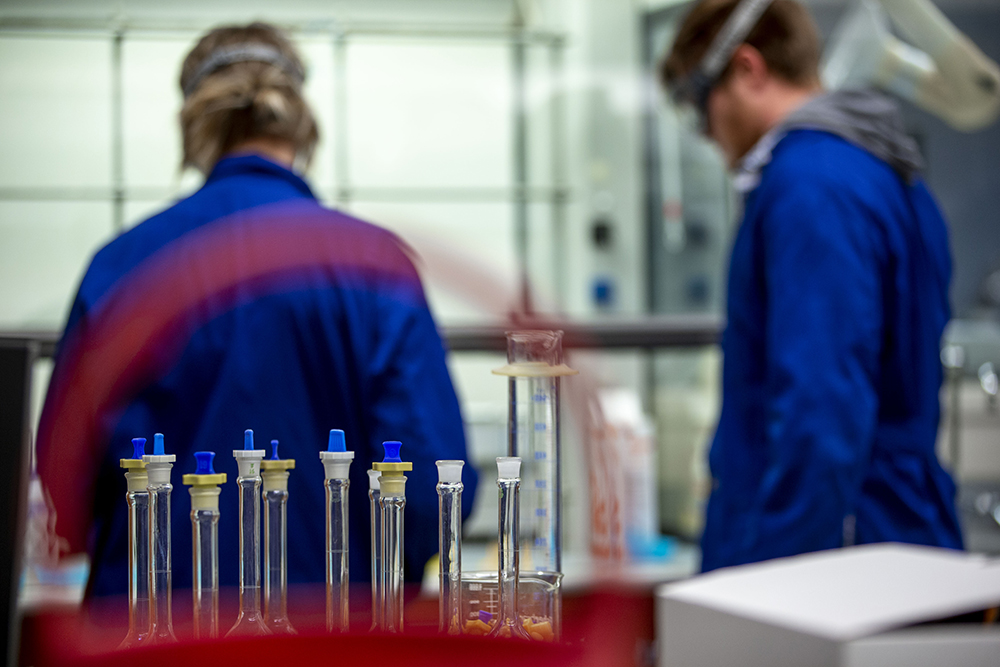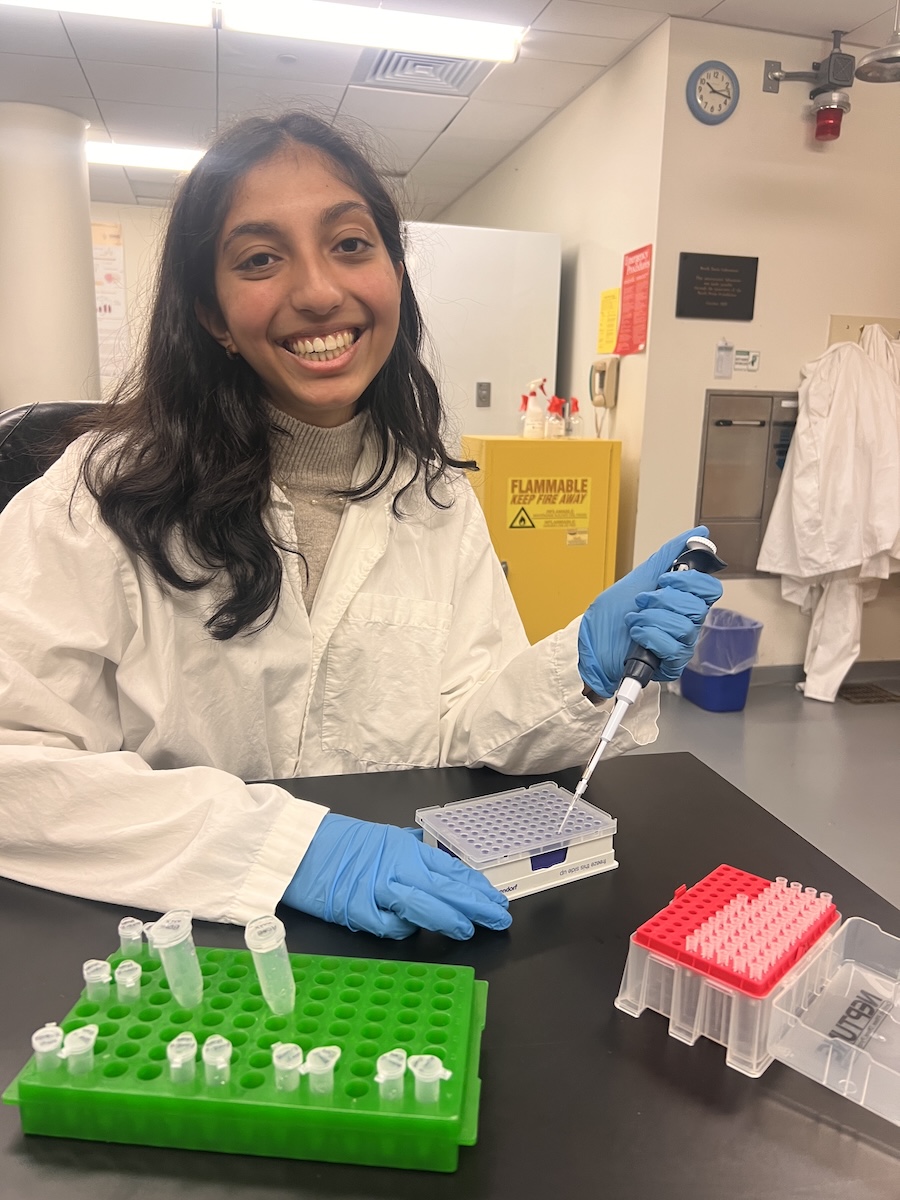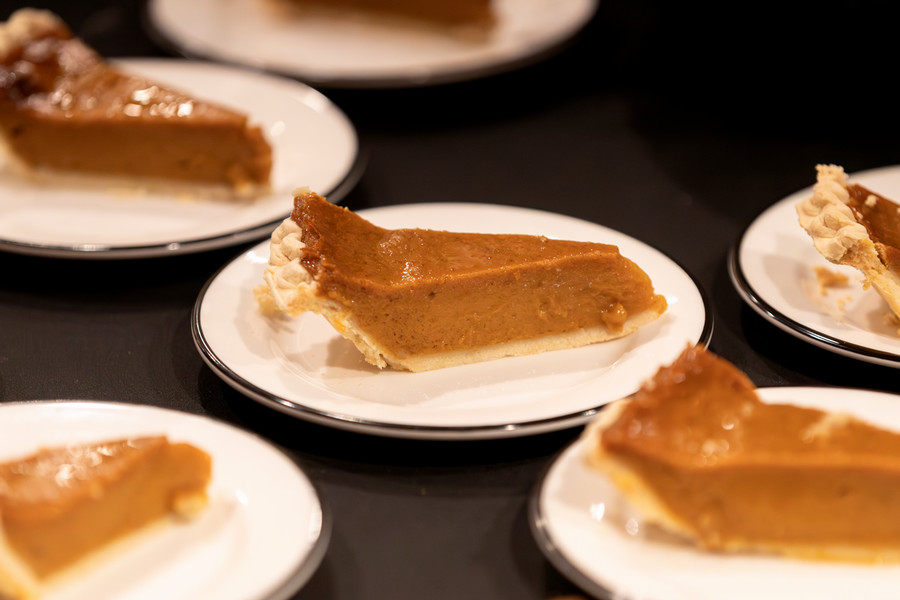Contact Tracer Warsameh Bulhan ’22 Helps Maine Control the Virus
By Rebecca Goldfine
Interested in medicine and public health, Bulhan last spring began seeking a way to help the pandemic response. Though the neuroscience major was initially just looking for a volunteer position, he found a posting for a contact tracing job with the Maine Center for Disease Control (CDC) in June. He applied and was hired, and started working full time in July. (Since the start of classes he's decreased his hours.)
“Helping and healing are big passions of mine,” he said in a recent interview. “And I've been fortunate to work with some of the most incredible people I've ever met—people who are working day in and day out, even on weekends. Everyone is working so hard, because the pandemic doesn't stop. That's just the nature of fighting infectious disease.”
Bulhan is one of about a hundred people currently working for the Maine CDC's contact tracing program, although those numbers will change if the disease grows in the state, according to Maine CDC Communications Director Robert Long.
As a contact tracer, Bulhan's work begins once a CDC case investigator has been in touch with someone who has tested positive for COVID-19. After discussing what kind of support the person may need to successfully quarantine, the investigator compiles a list of people they had close contact with recently.
Bulhan is assigned to call some of these individuals to alert them that they may have been exposed to the virus. Because the CDC prioritizes confidentiality, he said he is not given the name of the person who may have exposed them. Since starting his work, he's reached out to hundreds of people.
“The biggest misconception about contact tracing is that we're tracing people, but we're really tracing the virus,” Bulhan said. “We're not location tracking. We reach out by phone, we provide our name, our affiliation with the CDC, and walk the individual through how a close contact is determined.” Contact tracers don't ask for anyone's immigration status, social security number, or bank account information, he added.
He also explains how to quarantine and how to monitor for symptoms of COVID-19. If symptoms do arise, he encourages them to contact their primary care provider and to get tested. All of these are recommendations, he stressed. “It's a free country, and we can't force anyone to do anything. It is our job and our responsibility to make these recommendations for the betterment of the people and community.”
Additionally, Bulhan will make sure the people can survive their quarantines with enough food and medicine. If they require assistance, and with their consent, he connects them with social supports. Throughout the length of their quarantine, the contact tracing team checks on them regularly via phone, email, or text, or through the state's automatic monitoring and reporting system.
The CDC allows its contact tracers to spend as much time as they need to on their calls, encouraging them to be compassionate and patient as they convey information and point people to resources like the Maine CDC website.
It can be quite stressful to learn you've potentially been exposed to the virus, Bulhan said. “You get a wide variety of responses from people, but the biggest thing we are trained for is being as empathetic as possible,” he added. “It is very helpful to tell them where we are coming from, that we just want to help, to help the individual as well as the community.”
Overall, people have responded well to Maine's program, according to Long. “Another aspect of contact tracing is that there is a lot of anxiety and fear, so having a human being you can talk to and text with, who can answer your questions—it is a real benefit for folks, in addition to the epidemiological value.”
Long credited Bulhan and the other contact tracers for their efforts. “The work the contact tracers do is hugely important, it is frontline work,” he said. “We’re so appreciative and grateful for that work, as it has put Maine in a comparatively good place [regarding its relatively low COVID-19 positivity rates].”
Bulhan said his job has made it more apparent to him that he wants a career focused on health and helping people.
“It is extremely fulfilling work,” he said. “There have been very few times in my life where I have had a job where it doesn't feel like a job. It doesn't feel like work, because this is an actual person I am calling and can help today,” he said.



